Bank Bill Would Insulate Mortgage Lenders!!!
 Thursday, March 6, 2008 at 06:12PM
Thursday, March 6, 2008 at 06:12PM By Lisa Rein / Washington Post
 Even as Maryland leaders move to mitigate the home foreclosure crisis, a bill to save state-chartered banks from paying hundreds of millions of dollars in refunds and damages to homeowners is moving quietly through the General Assembly.
Even as Maryland leaders move to mitigate the home foreclosure crisis, a bill to save state-chartered banks from paying hundreds of millions of dollars in refunds and damages to homeowners is moving quietly through the General Assembly.
The legislation, to be taken up by the state Senate today, has attracted little public notice. But it is the subject of one of the biggest lobbying battles in Annapolis in years, pitting the powerful state banking industry against Peter G. Angelos, Baltimore Orioles owner and lawyer. Both sides say they are championing the interests of thousands of consumers who take out home equity loans or lines of credit on their mortgages, often to fund renovations or consolidate debt.
At issue are the penalties banks charge borrowers who pay off the loans early, depriving lenders of interest payments, which generate their biggest revenue. The banks have for years agreed to waive upfront closing costs on second mortgages -- usually $500 to $1,500 -- as long as borrowers agree to keep their debt for two or three years.
The system was thrown into turmoil in December when the Maryland Court of Appeals ruled in favor of a Baltimore man who sued Provident Bank over a $681 fee he was charged when he refinanced a $17,000 home equity loan at a lower interest rate. The court said Andrew Bednar had been subject to a prepayment penalty that is illegal under state law. Bednar is represented by Angelos's law firm, one of the biggest in Maryland. The firm wants the case certified as a class action and is soliciting a pool of thousands of homeowners hit with similar fees.
The ruling is the first to declare penalties on early loan payments illegal, and banks across the country are watching. The ruling prompted lobbyists for Maryland's 50 state-chartered banks, faced with potentially large damages, to seek a remedy in the General Assembly. Several legislative leaders agreed to sponsor the effort to help the banks get back what the court took away.
The bill would reinstate the banks' authority to charge such fees but would not tinker with the court's ruling that banks refund homeowners who have paid. Those homeowners would be unable to seek damages against the banks, which the court said they are entitled to. The damages could amount to tens of millions of dollars in interest payments made on loans.
"I cannot think of another situation in my 25 years that has caused more concern for our state-chartered banking institutions," Robert Enten, whose reported compensation is among the highest of the Annapolis lobbyists, told the Senate Finance Committee at a recent hearing. If the legislation fails, Enten said, "when your constituent walks into the bank, either he'll pay the cost upfront" or a higher interest rate.
State and federal banks have donated at least $1.5 million to General Assembly members and candidates since 1999, including $73,335 from the Maryland Bankers Association, state campaign finance records show.
Lobbyists for Angelos and other opponents of the bill, including Maryland's largest labor union, have called it anti-consumer and a bailout for state banks.
"There's been a lot of talk about this being just for Peter Angelos," said Gerard Evans, one of several well-connected lobbyists fighting the legislation for Angelos. But "we haven't been paid a nickel" by a judge. Evans called the banks "the richest special interest there is" in Annapolis.
Gov. Martin O'Malley (D) is siding with the banks and is lobbying legislators to pass the bill, saying banks would increase costs to consumers if the bill is not passed. His stance rekindles a face-off with Angelos, an antagonist when O'Malley was mayor of Baltimore and a supporter of Robert L. Ehrlich Jr. (R) in his unsuccessful reelection bid against O'Malley in the race for governor.
Baltimore-based Provident, with $6 billion in assets, is the largest of Maryland's state-chartered banks and credit unions. The banks are more heavily regulated than federal institutions and compete with them but offer easier access to customers. State banks account for $21.3 million of the $95 million in Maryland deposits, according to the Maryland Bankers Association.
In the competition for an increasing array of financial services, state banks say they can't contend with federal banks, which by law can charge the fees that the Maryland court ruled illegal. The state banks say they have relied for years on an opinion from Maryland regulators that the fees were legal. They say it is not an option for them to absorb the closing costs, which cover the fees for appraisal, title searches and recordation.
"It's big, big, big money that could cripple Maryland banks," said Sen. Thomas M. Middleton (D-Charles), chairman of the Finance Committee and a lead sponsor of the bill. "If customers were blatantly harmed [by early-payment fees], I'd be hearing from them."
Del. Dereck E. Davis (D-Prince George's), chairman of the House Economic Matters Committee and a lead bill sponsor, called the opposition "little more than an attempt at unjust enrichment" by Angelos and his firm.
Critics say the legislature has no business interfering with pending litigation.
"This is the Provident relief bill," Albert Figinski, who works for Angelos's firm, told Senate lawmakers. "Let us litigate it out. Let a jury decide." Figinski accused the banks of seeking the imprimatur of state regulators "behind closed doors."
The bill is likely to get final approval in the House today but faces a rough reception in the Senate, where some members are furious at the provision that would insulate banks from damages.
"It may sound corny, but I'm down here representing the consumer," Sen. George W. Della Jr. (D-Baltimore) said. "I'm not down here representing the banks."
O'Malley, in a letter to lawmakers, said the bill was "extremely important in order to allow Maryland consumers to obtain mortgage loans with reasonable terms, at the lowest possible cost."















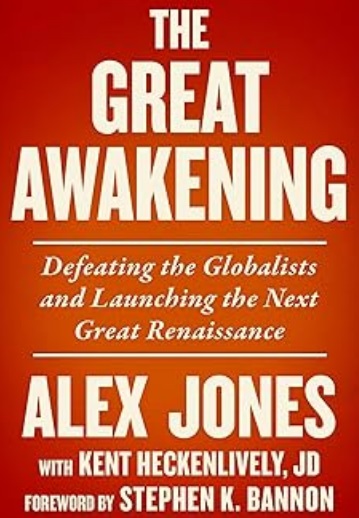



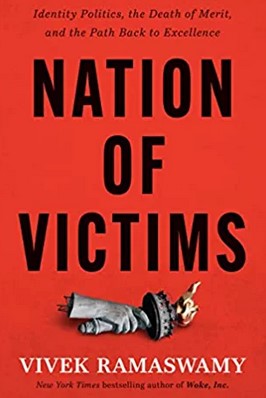
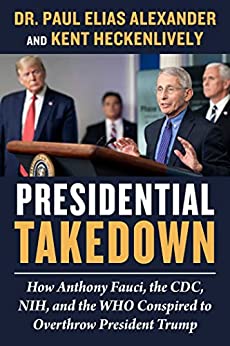

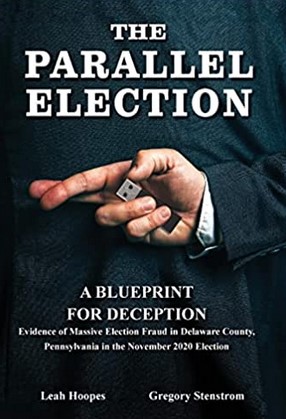


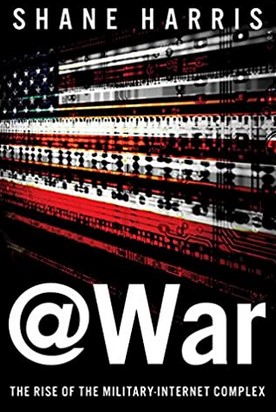






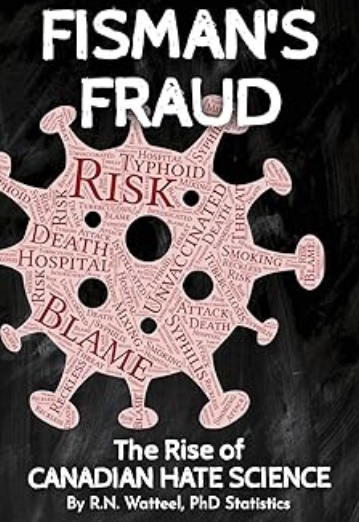













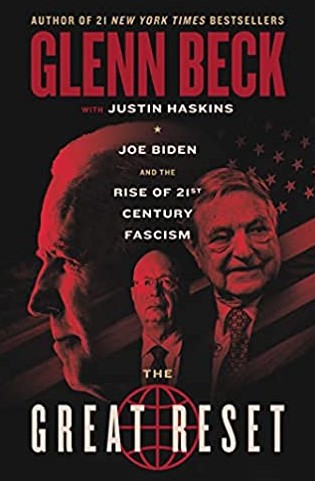






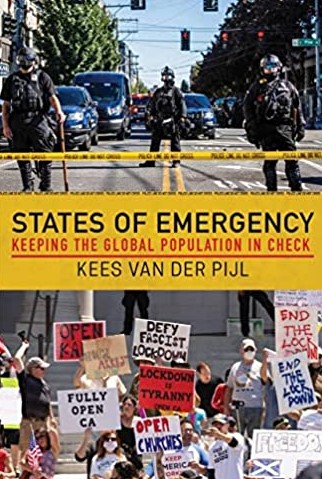

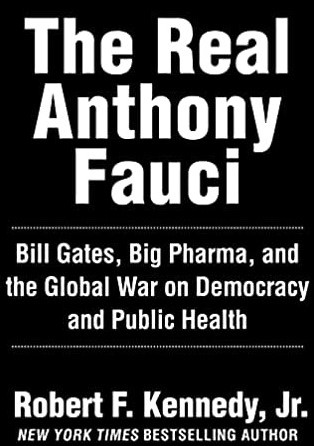

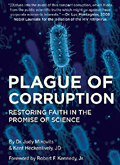
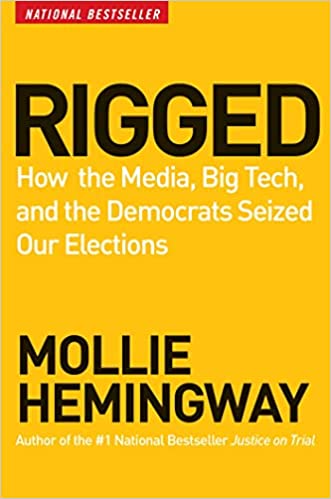








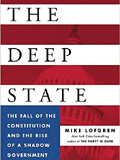

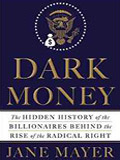



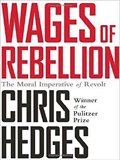






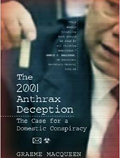


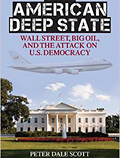



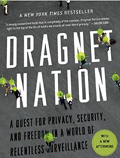




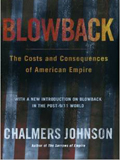




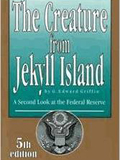




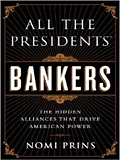










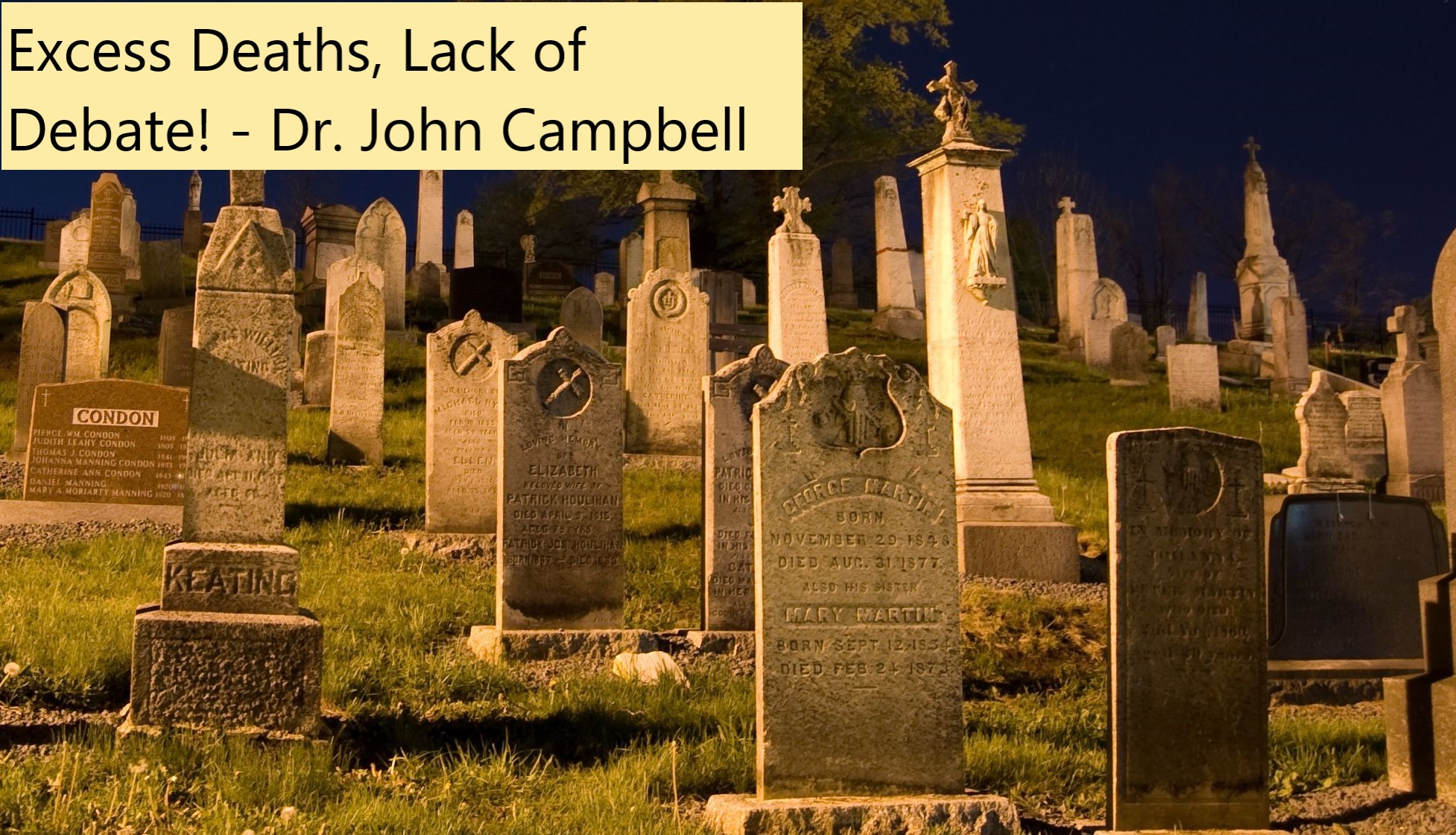













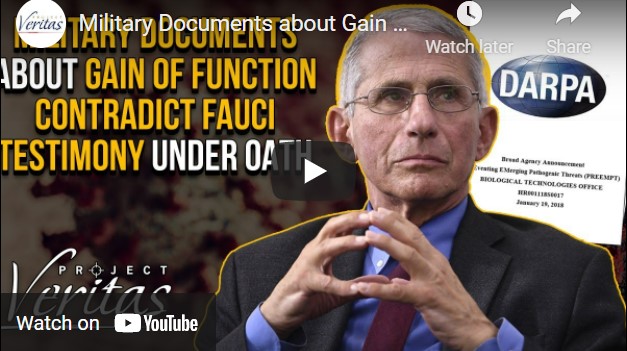





Reader Comments